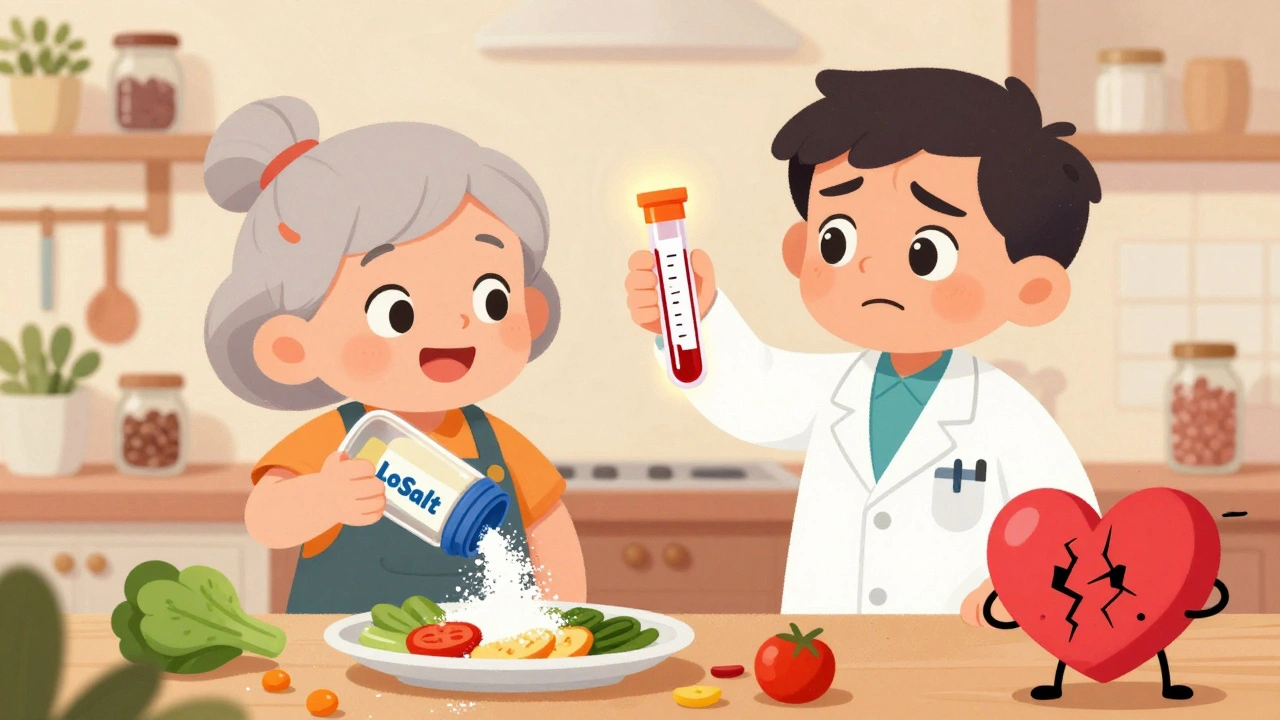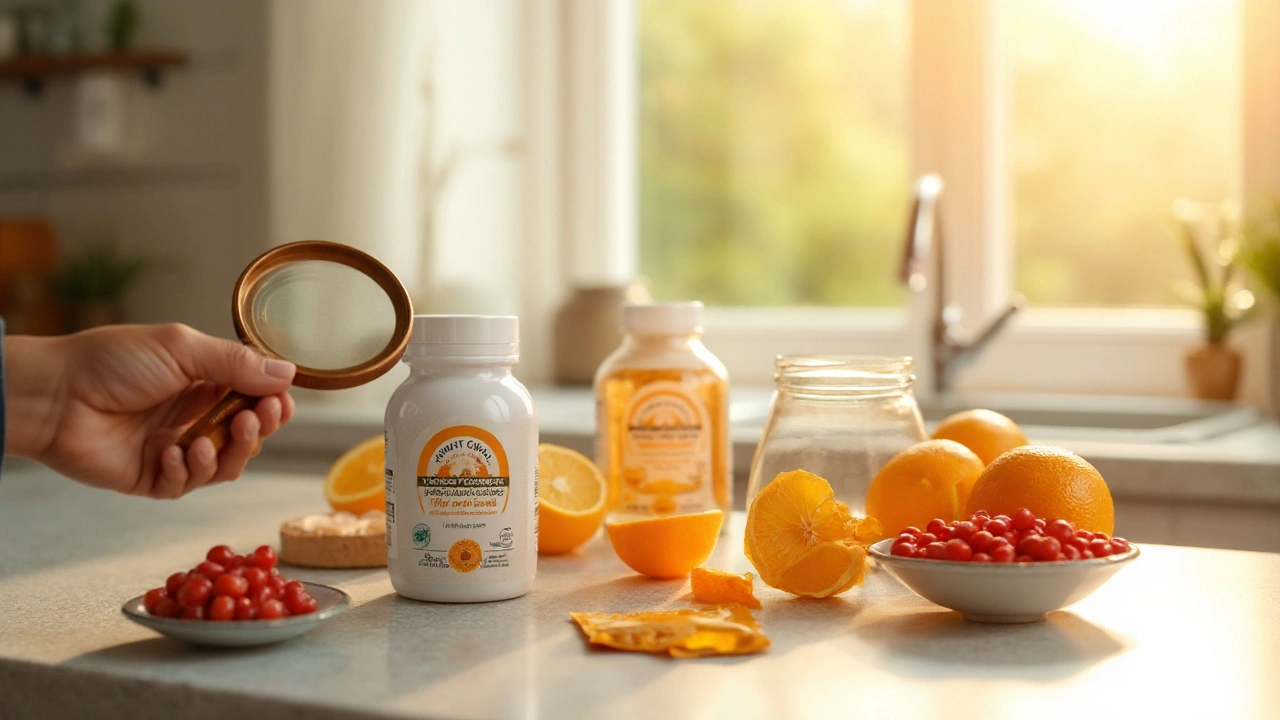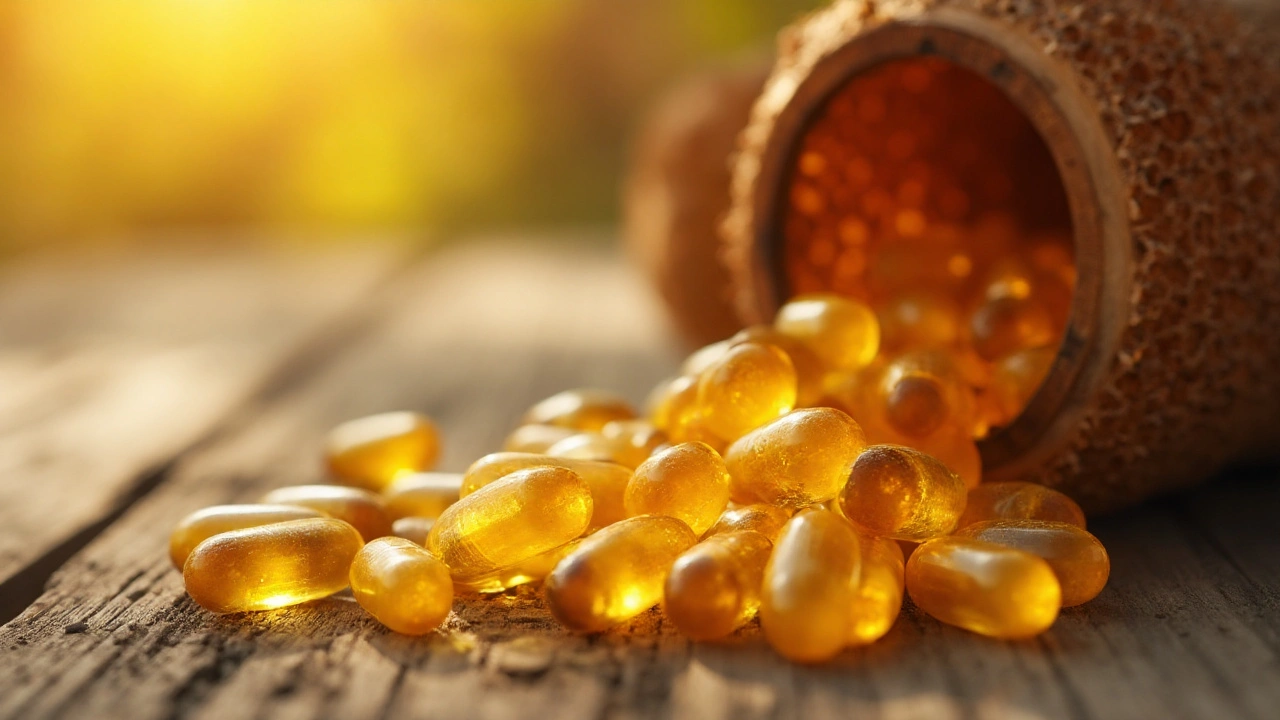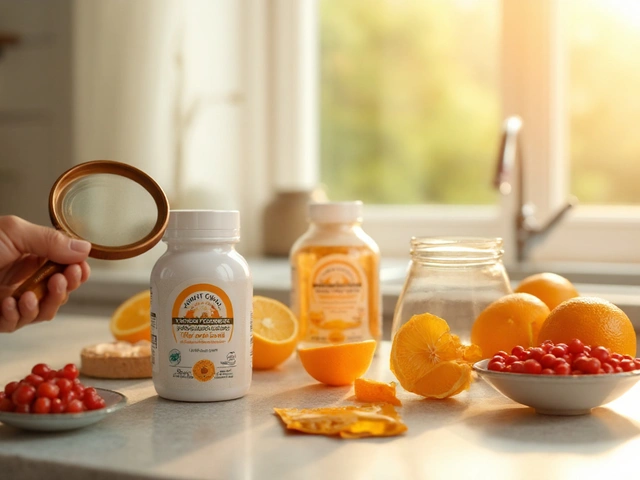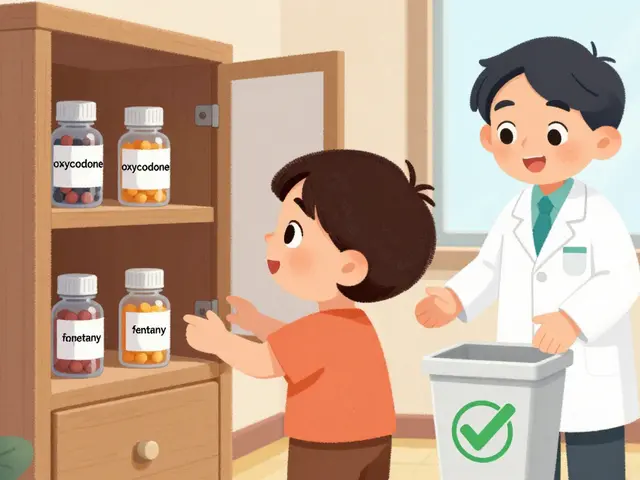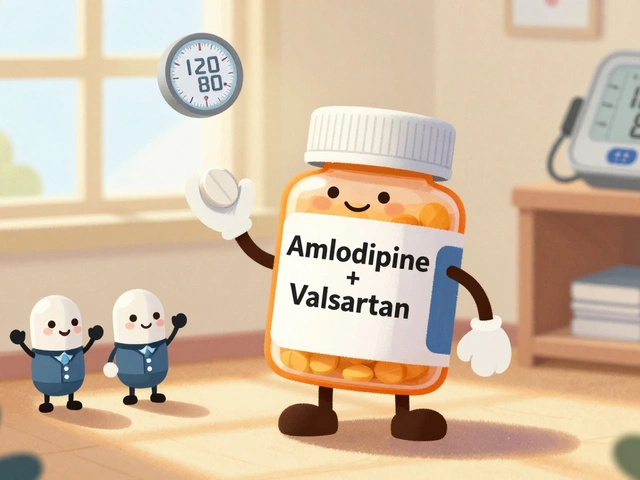Health and Nutrition: Gut Health, Colitis Diet & Candida Support
Want clear, usable advice on diet and gut health? This category covers practical tips for colitis diets, Candida prevention, and everyday nutrition you can use right now.
If you have colitis, picking gentle, nutrient-dense foods matters. Focus on cooked vegetables like carrots and zucchini, lean proteins such as skinless chicken and fish, and low-fiber fruits like bananas when symptoms flare. Avoid raw cruciferous vegetables, nuts, seeds, and spicy foods during active inflammation. Small, frequent meals reduce gut load and help with energy. Keep a food diary to spot personal triggers; what bothers one person may be fine for another.
For long term colitis management, fiber timing and type matter. Soluble fiber from oats, peeled apples, and mashed potatoes can soothe the colon, while insoluble fiber from whole grains and raw veggies may irritate during flares. Work with a dietitian to adjust fiber slowly and test tolerance. Hydration counts: water and oral rehydration solutions help prevent dehydration from diarrhea.
Candida and fungal overgrowth respond to diet changes too, though food is not a cure. Reducing added sugars and refined carbs lowers the fuel Candida feeds on. Add probiotic foods like plain yogurt, kefir, or fermented vegetables to support beneficial bacteria. Antifungal foods such as garlic, coconut oil, and oregano may help the environment, but use them as part of a plan with your provider. If you suspect invasive Candida or systemic infection, see a doctor immediately.
Supplements can support recovery, but choose wisely. A targeted probiotic with documented strains can improve gut balance for many people. Vitamin D supports immune function and is worth testing. Omega-3 fish oil can reduce inflammation for some with inflammatory bowel disease. Always tell your clinician about supplements before combining them with prescription medications.
Quick, practical swaps you can use today: replace sugary snacks with plain Greek yogurt and berries; trade fried foods for baked or grilled options; choose white rice over brown rice during a flare; add a small portion of probiotic food after antibiotics. These small changes keep nutrition steady without shocking your gut.
Two posts to check here: "Best and Worst Foods for Colitis" gives concrete meal ideas and lists of foods to try or skip. "The Role of Nutrition in Preventing and Treating Candidemia" explains how diet, probiotics, and antifungal foods may help prevent fungal overgrowth and support recovery.
When to get professional help: persistent fever, bloody diarrhea, severe weight loss, or signs of infection need urgent medical attention. A registered dietitian can make a food plan that fits your symptoms and lifestyle. Your doctor can test for infections and prescribe medications when needed.
If you're on medication, check interactions and timing with meals. Regular tests and short follow ups help you track results and safely adjust your diet.


